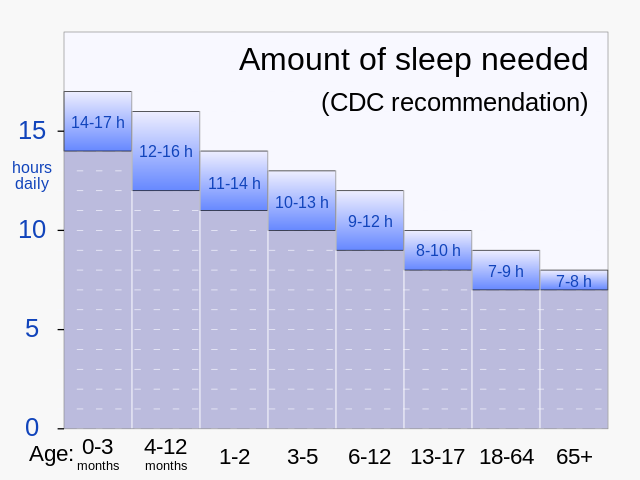Quality sleep is a fundamental component of overall well-being and plays a crucial role in maintaining physical health, cognitive function, and emotional stability. In a fast-paced world characterized by constant connectivity and demanding schedules, the importance of sleep often takes a backseat. However, understanding and prioritizing sleep is essential for a healthy and fulfilling life.
One primary function of sleep is the restoration and repair of the body. During the various stages of sleep, the body undergoes essential processes that promote physical health and recovery. This includes the release of growth hormone, which is crucial for tissue repair, muscle growth, and overall development. Adequate sleep also supports the immune system, enhancing the body’s ability to fend off illnesses and infections. Chronic sleep deprivation, on the other hand, weakens the immune response, leaving individuals more susceptible to health issues.
Cognitive function is intricately linked to sleep, with sleep playing a vital role in memory consolidation, learning, and problem-solving. The brain experiences different sleep cycles, each contributing to various aspects of cognitive performance. Rapid Eye Movement (REM) sleep, for instance, is associated with dreaming and is crucial for emotional regulation and creative thinking. Non-REM sleep, including deep sleep, contributes to memory consolidation and the processing of information learned during wakefulness. Lack of sufficient sleep impairs these cognitive functions, leading to difficulties in concentration, decision-making, and memory recall.
Furthermore, sleep is closely tied to mental health and emotional well-being. Sleep deficiency has been linked to an increased risk of developing mood disorders such as depression and anxiety. The intricate relationship between sleep and mental health is bidirectional – while mental health issues can disrupt sleep, the lack of sleep can exacerbate existing mental health conditions. Establishing and maintaining a healthy sleep routine is, therefore, a crucial aspect of mental health care.
![[[File:2023 CDC recommendations for amount of sleep needed, by age.svg|2023_CDC_recommendations_for_amount_of_sleep_needed,_by_age]] File:2023 CDC recommendations for amount of sleep needed, by age.svg](https://upload.wikimedia.org/wikipedia/commons/thumb/9/90/2023_CDC_recommendations_for_amount_of_sleep_needed%2C_by_age.svg/240px-2023_CDC_recommendations_for_amount_of_sleep_needed%2C_by_age.svg.png)
In the context of a global society that values productivity and constant engagement, the importance of prioritizing sleep is often overlooked. Sleep deprivation has been linked to decreased workplace performance, impaired judgment, and an increased risk of accidents. In a culture that often glorifies a busy lifestyle, the consequences of sacrificing sleep for productivity are profound and can have long-lasting effects on both individuals and society as a whole.
Recognizing the importance of sleep requires a shift in societal attitudes and practices. Employers and educational institutions play a significant role in fostering a culture that values and supports adequate sleep. Encouraging flexible work hours, promoting healthy sleep habits in educational curricula, and creating conducive sleep environments are essential steps toward prioritizing sleep on a larger scale.
![[[File:Baby, Sleeping baby, Moscow, Russia.jpg|Baby,_Sleeping_baby,_Moscow,_Russia]] File:Baby, Sleeping baby, Moscow, Russia.jpg](https://upload.wikimedia.org/wikipedia/commons/thumb/c/c8/Baby%2C_Sleeping_baby%2C_Moscow%2C_Russia.jpg/271px-Baby%2C_Sleeping_baby%2C_Moscow%2C_Russia.jpg)



